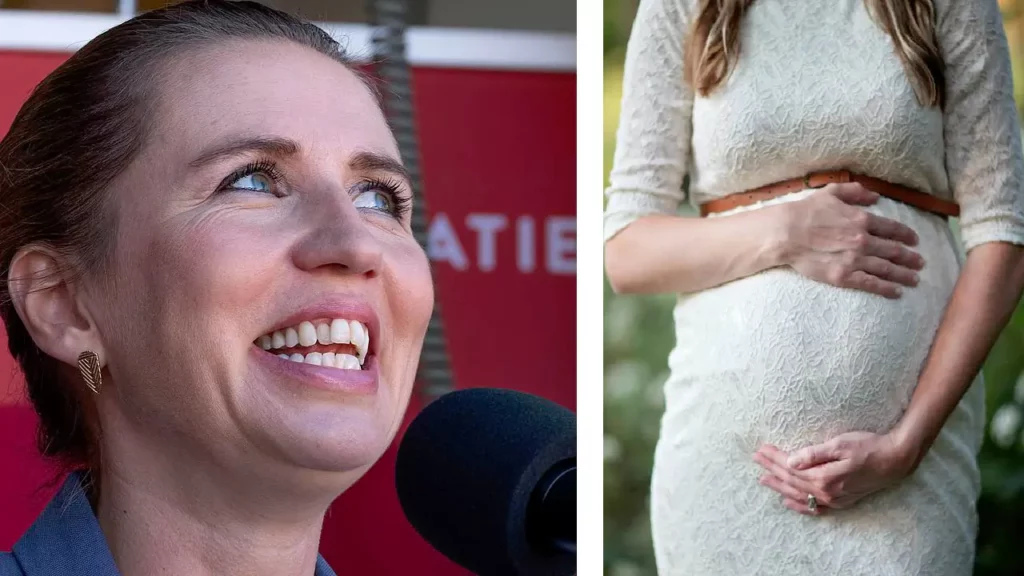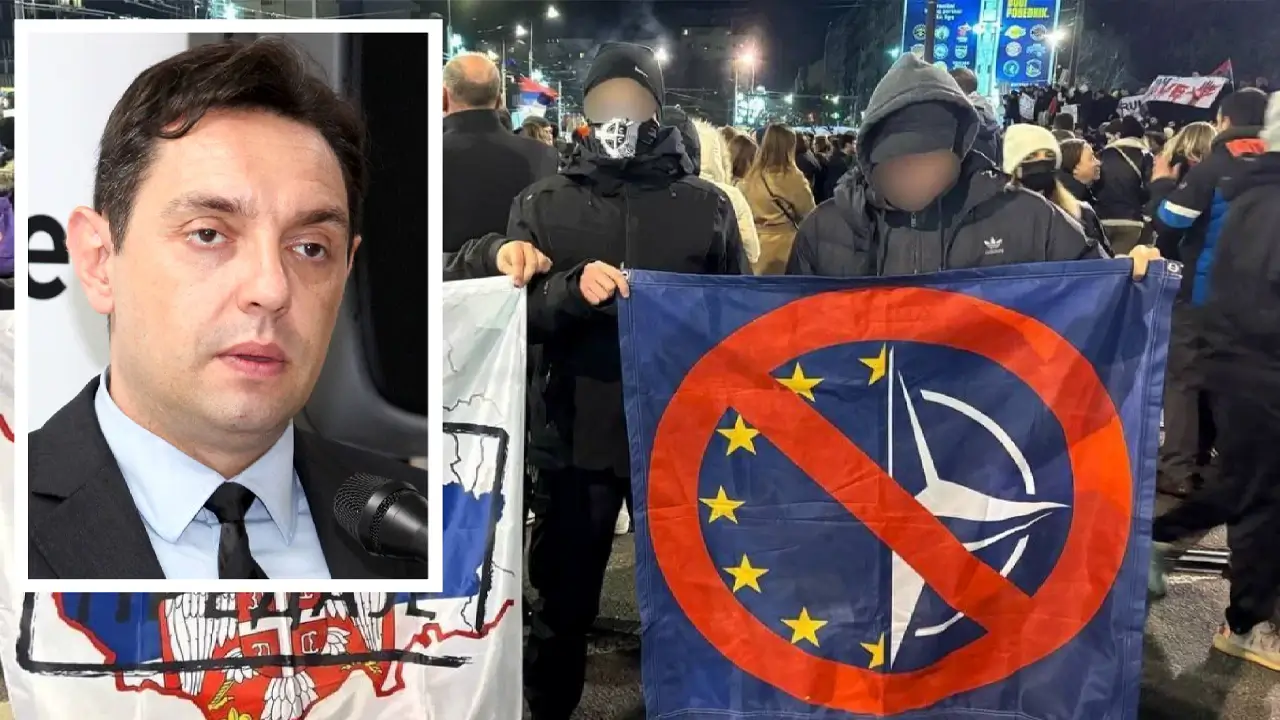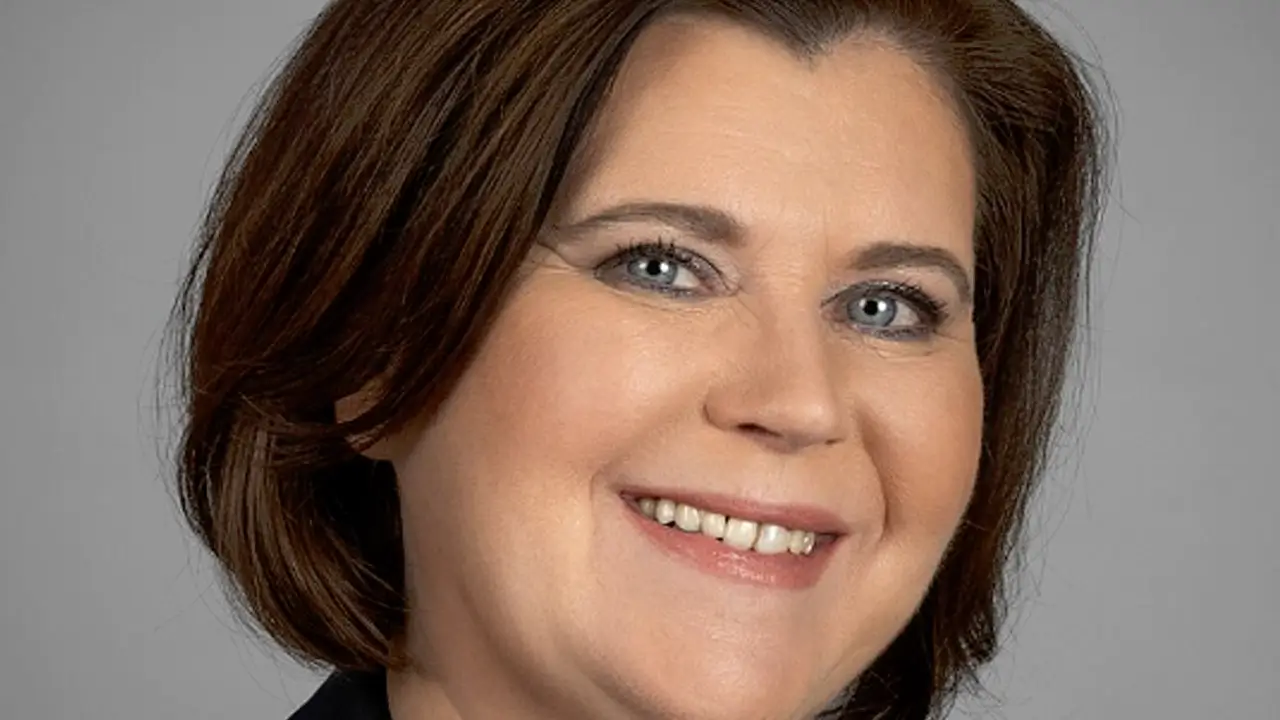Denmark forcing parents to adopt their children more than ever with record high numbers – Pregnant women considering fleeing to neighbouring countries
Published December 31, 2022 | By NewsJive.com

Forced adoptions in Denmark continue to increase and are sky rocketing in 2022, with record high numbers due to a new legislation in the country. A legislation that makes some pregnant women in Denmark consider to flee the country, or else risking of losing their newborn babies to the Danish state. But the system is recieving more and more criticism, not the least from experts and academics.
The Danish Prime Minister Mette Frederiksen of the Social Democratic party – who governs the country in a coalition together with the Conservative parties, Venstre and Moderaterne – said in her New Year’s speech back in 2020 that the “more vulnerable children must get a new home and they must get it faster than today”.
This statement combined with a new legislation has made it possible for the social services to increase their adoption procedures with more children being taken away from their bilogical families by force.
You might wonder why a country like Denmark, that often proclaims itself as a “liberal” high standard Western society. With weird drug liberal places like Christiania they feel proud about. A country considered to be one of the best welfare states in the world, where people – at least in theory – prosper and live in harmony under good socio-economic conditions, suddenly has the urge to increase forced adoptions on families and single pregnant mothers with children they consider to be “vulnerable”? The story doesn’t tell.
One of the municipalities in the country that has carried out the most forced adoptions, is Ikast-Brande. The head of the “Children and families”-departmenet, Anton Rasmussen told the Danish news paper Jyllands-Posten in a mail conversation, “We have followed the legislation and the intentions of the law. This has meant that we have secured the necessary competence among the employees to handle these cases”.
But criticis to the new system is growing. Not the least when pregnant women are consiering to flee the country to neighbouring countries like German, Sweden and Poland, and even pay smuggle networks to help them out. Martin Olsgaard is one of critics. He is a lawyer who specialize in cases in the placement area. He has led several cases on forced adoption, where he has either represented the biological parents, the foster family or the child. Even cases where the child himself has requested adoption.
“When the child is a little older, I can see that adoption to the foster family can make sense, because the child can express his wish himself,” he told Jyllands-Posten.
“However, regarding the adoption of the many infants that we have seen in recent years, I fear that in a few years we will be left with a large group of children who are asking for their biological parentage and do not understand why they have not had contact with them through growing up.”
Another critic is Niels Peter Rygaard. He is a psychologist and advises the municipalities in their work with adopting children. He sees more problems with the forced adoption legislation then without it. Rygård thinks it is a “very bad idea” to cut off the contact with the biological parents.
“You get the impression that the goal of more forced adoptions is based on what the politicians think, and not what experts know in the field,” he told Jyllands-Posten.
Jyllands-Posten have tried to ask Prime Minister Mette Frederiksen whether she believes that the current number of forced adoptions is appropriate and better than in 2019. The Prime Minister does not want to give a interview and refers to the Minister of Social Affairs, Pernille Rosenkrantz-Theil, who also does not want to give an interview, but responds briefly in a e-mail to the newspaper:
“The government has not yet settled on a common line regarding forced adoptions. Therefore, the minister does not have the opportunity to stand.”
Related topics

Serbian Minister: Anti-Trump US Deep state forces behind the protests in Serbia – Wants to create a orange color revolution like in Ukraine

Iceland’s Children’s Minister resigns after revelation – Had sex with a boy and had a child

Serbian Minister: Anti-Trump US Deep state forces behind the protests in Serbia – Wants to create a orange color revolution like in Ukraine
